“I think it’s very condescending to Piapot First Nation, assuming that they would operate like that,” said a business adviser.
From Regina Leader-Post by Trillian Reynoldson July 26 2023
Some retailers are sounding an alarm as more First Nations open self-governed cannabis stores in Saskatchewan, following legislation that was introduced by the province last year.
Steve Morrison, who operates all three Lucid Cannabis stores in the province, claimed it’s “obvious” that First Nation retailers are selling unregulated cannabis “bought from black market wholesalers.”
“There’s no certificate of analysis for any of their products. There’s no telling whether they have pesticides or herbicides in them. They’re not federally or provincially taxed,” he said.
“The government is too scared of the political optics to do anything about it.”
But representatives of Piapot First Nation, which recently opened Miyo Askiy Cannabis Co. in a temporary trailer near its Cree Land Mini Mart gas station on urban reserve land in Regina, maintain their new business is above board.
The store is governed by its own act and regulations, which Morrison said creates a dangerous economic situation when stores like his are mandated to follow federal and provincial regulations while shops like Miyo Askiy are “allowed to operate as if it’s a free-for-all.”
Peter Flaman, businesses adviser with Piapot First Nation, denied allegations that Miyo Askiy is an illegal store and pointed to the more than 400 “sovereign rights dispensaries” already operating in Canada.
“We are 100 per cent legal under Piapot First Nation’s sovereign rights,” Flaman said.
He said Miyo Askiy and similar stores have their own producers and suppliers, often other First Nations that fall under their own sovereign rights.
“We have rules and regulations that we cannot buy from the black market, that we cannot buy from any kind of criminal organization,” Flaman said.
“I just think those are outlandish comments. I think it’s very condescending to Piapot First Nation, assuming that they would operate like that.”
Despite paying corporate taxes, Flaman said they are exempt from excise tax, which is $1 per gram. Employees of Miyo Askiy do not have to pay income tax, as part of Section 87 of the Indian Act, which applies to the income earned on a reserve by an Indigenous person.
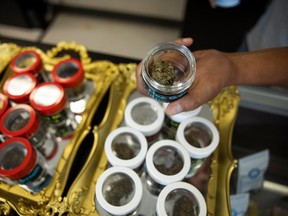
According to Saskatchewan Liquor and Gaming Authority (SLGA), last year’s legislative changes established a framework for First Nations to licence and regulate cannabis stores on-reserve, and access federally regulated cannabis products.
“Currently, none of the on-reserve cannabis stores are operating under this framework,” Davis Morris, SLGA manager of Communications and Public Education, said recently.
Stores that operate outside the federal and provincial framework cannot purchase cannabis products from federally regulated sources.
Article content
“Cannabis products sold at stores operating outside of this framework are sourced from the illicit market and not subject to containment testing by Health Canada licensed laboratories,” Morris said.
Despite the regulations Piapot has in place, Jason Childs, associate economics professor at the University of Regina, said First Nation cannabis store rules are a “tricky issue.”
Childs said production of cannabis is federally regulated while the provinces only have authority over retail and distribution. However, there seems to be a grey area when it comes to First Nation stores buying unlicensed or “black market” products as Morrison alleged.
“It’s really messy because I don’t know where they fit into the regulatory structure,” Childs said.
In his understanding of the federal act, “if it’s not produced by a federally licensed producer it is illegally produced cannabis,” he added.
Childs believes the amendment to the Cannabis Control act was, at some level, recognition that the treaties are agreements between Indigenous groups and the federal government, not the provincial government.
Article content
“If you’re a believer in First Nations sovereignty then I think that amendment is a win,” he said.
Childs said before the 2022 amendment there were already some First Nation cannabis stores operating without an SLGA licence.
“The problem was the relationship between bands and First Nations as a level of government — as a lack of a better term — and the provincial government is not clear,” Childs said.
“It’s not obvious to me, and I think many people would argue it’s not true, but does the provincial government have any ability to regulate what happens on reserves? The response of many people would be ‘no it does not.’ ”
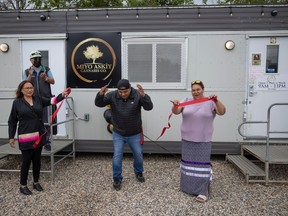

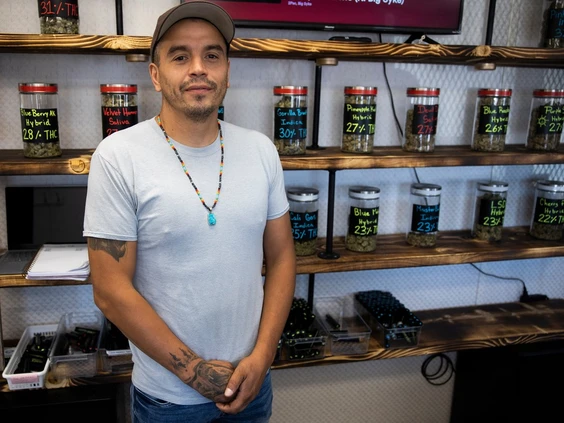
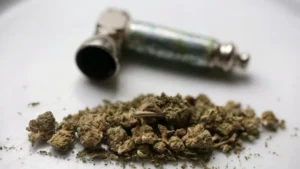
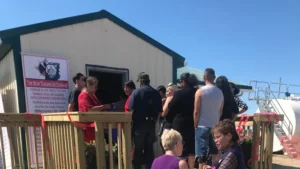
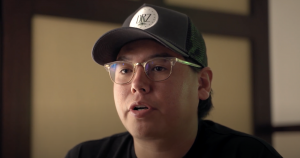

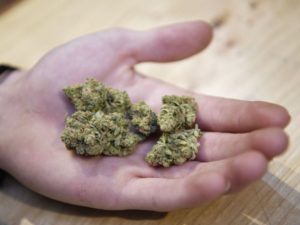
Comments are closed.